For a while now I have been plugging Tracey Rowland’s insightful book. I WARMLY recommend it.
I recently recommended it in the context of the PODCAzT reading I did of Donum veritatis (I was suggesting it for Beans).
I thought so highly of it that for last year’s Books for Seminarians Project, you readers got copies for all the seminarians of the Diocese of the Extraordinary Ordinary!
Fr. James V. Schall, SJ, has a detail review of Rowland’s book at New Oxford Review.
In other news, I have also recently received… though I haven’t read.
A Noble Task: Entry into the Clergy in the First Five Centuries by Lewis J. Patsavos
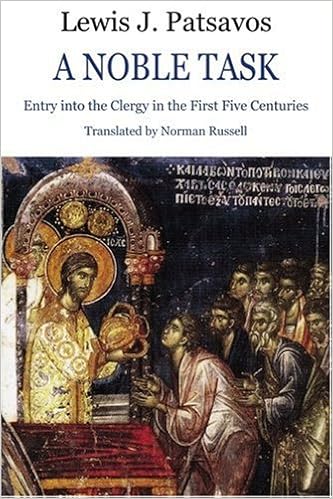
The New Politics of Sex: The Sexual Revolution, Civil Liberties, and the Growth of Governmental Power by Stephen Baskervill
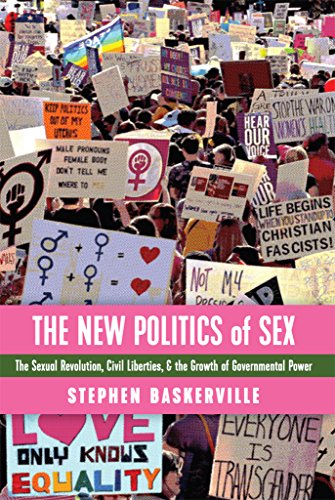
Wind From Heaven: John Paul II–The Poet Who Became Pope by Monika Jablonska
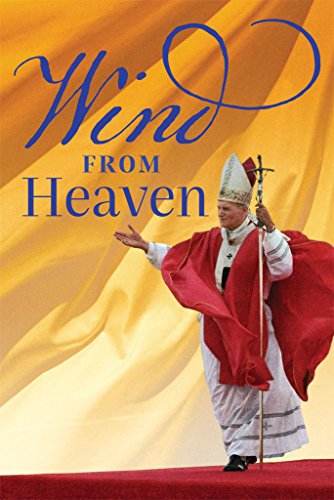 ]
]
Loosing the Lion: Proclaiming the Gospel of Mark by Leroy A Huizenga
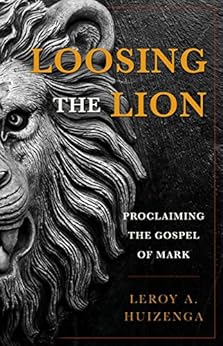
Without Precedent: Scripture, Tradition, and the Ordination of Women by Geoffrey Kirk
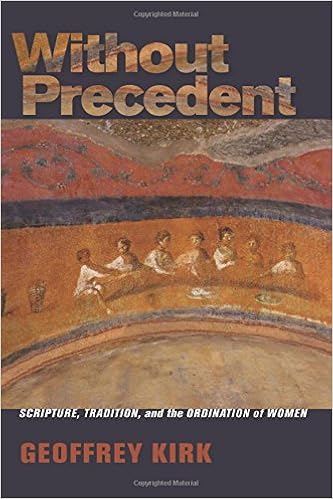
And last but not least…
The Roman Catholic Ceremonial. Volume II: The Pontifical Ceremonies by Jeffrey Collins
I wrote about the first volume HERE.
Take it from a guy who has to run Pontifical Masses as an MC. This is a useful book. The rites are explained in detail and broken down. He covers just about every permutation of Masses with and for Bishops that you can think up, along with visitations and confirmations, vespers and benediction, special ceremonies during the year and some rites from the Rituale Romanum. He does NOT, alas, include the rites for the Consecration of a Church, which I hope to be able to execute in the not too distant future. I am going to nag Collins for that.




































I’m happy to see Jeffrey Collins has Vol. II out.
Interesting assortment, I’ve already ordered one of them!
Father Z,
Is the liturgical book in some way an improvement over Fortescue?
[It is, in some ways. It is less ponderous and easier to follow.]
I read Fr. Schall’s review of Rowlands book and I wish I could afford it.
I got me started thinking of a unified way to represent the theological mess of the last, well, technically, 200 years and I had an insight, this morning, that is looking very comprehensive in its explanatory power. It comes down a proper understanding of Catholicism as a science and as a technology and how the two interact and mis-interact. For instance, de lubac, in the 1920-1950’s, wanted to return to early Christian sources to purify and revitalize the Church, which he thought had gone off-track due to contamination of Aquinas’s thought by Renaissance theologians, but his approach makes about as much sense as finding a mistake in String Theory and seeking the answer by a return to studying Pythagorous. That is not how science is done. I mean, the history of science is a valid pursuit, in itself, but if theology is truly a science and builds on itself, then his approach is nonsense. Although one can gain a renewed sense of purpose by remembering one’s youth on their fourtieth birthday, isn’t there something to be said for what you know, now, that you didn’t know, then (not to mention the acne). Viewed as a rigorous science, one can cast a bright light on the defects of thought of the false ideas of some of the implementers of Vatican II, who wanted to revert the Church to when they thought it was younger and more vibrant.
Likewise, Cardinal Kasper, who seems to want practice to lead theory, makes about as sense as saying that just because you want a perpetual motion machine, science must make way to allow it. Just because you want mercy for the divorced and re-married to receive Communion, theology must make way to allow it. For him, technology controls science, which is to ignore fundamental laws for the sake of wish-fulfilment.
I really would like to see a serious formulation of theology in terms of science and technology. I think it would cast a great deal of light on what is going on in the Church.
The Chicken
MC,
1. I don’t know what you mean by “theology in terms of technology”.
2. Following St Thomas, I think theology always to be primarily speculative (concerning the Truth of God) but never purely speculative. It is always practical (concerning salvation), but secondarily so.
When theology is considered primarily practical, the result is Counter Reformation theology, Liberation theology, Black theology, Feminist theology, etc.
Because theology always has a practical side, Tradition (Fathers and Doctors) is a source along with Scripture. As a matter of fact, it used to be said that agreement among the Four Greatest Western Fathers and the Four Greatest Eastern Fathers on a particular theological question indicates Truth
Dear robtbrown,
You wrote:
“When theology is considered primarily practical, the result is Counter Reformation theology, Liberation theology, Black theology, Feminist theology, etc.”
That was sort of the point I was making – theory must undergird practice. If one tries to slave theory to practice, things go wrong, become less grounded in reality.
As for the Four Fathers agreement issue – of course. That is what I was taught as being one element of the discernment of Tradition.
I was arguing that the idea of Resourcement put forth starting in the late 1910’s was trying to make the specious argument that the Church had improperly utilized its history or deviated from it. They never proved that case, as I currently understand things, but simply argued that the Church of the past was the purer Church, which is exactly the argument the early Protestants made (except, instead of Aquinas being corrupted by Suarez, it was the Church being corrupted by Constantine).
They failed, from what I currently know, to give arguments an historian would understand for the need to go back to the sources to understand the Church. One only goes back to the sources when something has gone horribly wrong, like crashing a spacecraft into Mars. I don’t go back to the original issues of Astounding Science Fiction to see if Star Wars is still science fiction unless the deviation is extreme. In other words, there was no genuine motivation for the Resourcement movement that I can see, other than the agenda of the New Theologians. The Church was not going off the rails in 1910, although liberals of the time might have thought so. I am just starting research on this historical period, so I could be out to lunch with this, but I do know the history, culturally (Twentieth-century music is one of my areas) and my gut tells me the New Theology was part of the experimentation that was dominating the humanities of the era.
As for the technology of theology, I mean, more-or-less, practice or praxis, in the same way that engineering is the practical application of theoretical physics. I look at Aquinas as, mostly, a theoretician, and ICEL as being engineers, only, in the 1969 English Mass translation they overlooked the implications of the theory for the sake of implementing their practice and the result was a poor Mass translation all because they want their praxis more than consistency with theory.
The Chicken